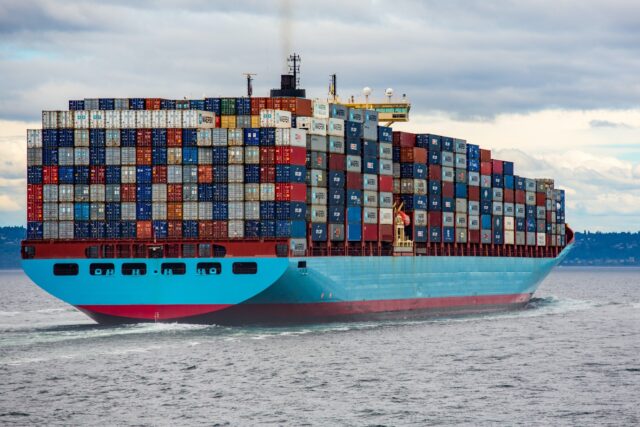There have been a number of changes since the UK left the EU. In this article, we’ll explore how export and trade has been affected by Brexit in 2020.
January 2020 marked a milestone for the UK as it left the European Union, having been a member since 1973. Since that date, there have been a number of changes to the way trade can be conducted between the UK and the EU.
Many businesses are still struggling to get a total grip on changes to export rules, ensuring full compliance with export control can be confusing. Those who are unsure if they’re in full compliance of the new laws need only gain advice from export lawyers, to avoid penalties.
In this article, we’re going to zero in on the ways in which export and trade have changed since Brexit for your knowledge, let’s delve in…
How Has the Import and Export of Goods Changed Since Brexit?
The trading of goods between countries has always been an incredibly important part of Great Britain’s infrastructure, one which has been undeniably impacted by Brexit.
Figures show that, in the last quarter of 2021, imports of goods from European Union countries to the UK had fallen by 18% in comparison to the numbers from 2019. Similarly, the export of goods to EU countries fell by around 9%.
While the UK has managed, to an extent, to substitute imports from the EU with those from other parts of the world, overall trade fell during this period. The problem with trading of goods between the UK and the EU have seen little improvement and these include:
While there is a willingness to forge trade deals, increasing amounts of red tape has impacted not just the UK, but also EU countries. This was certainly not helped by the global COVID-19 pandemic which placed further restrictions on shipments of goods.
Import and Export of Services Since Brexit
Physical goods are not, of course, the only kind of trade between the UK and the European Union. Services such as travel, energy and aggregate advanced economy goods have also taken a hit following Brexit. Although, again, it’s felt that the pandemic also had a hand in this.
Exports from the UK to EU countries have bounced back to a certain extent in recent times, however, imports of services from the EU to the UK are still down by around 30%.
Still in the Early Stages of Brexit
While this may all sound a little doom and gloom, Brexit is still in its early stages, and many remain optimistic when it comes to things improving. Some also suggest that some of the facts and figures may be slightly skewed due to a few factors, including:
When we bear in mind the fact that, in the two years since the trigger was pulled on Brexit, the world has experienced some extremely significant events; not least a global pandemic and a war in Europe. This means that it’s unlikely that we will see the whole picture just yet.
Huge Efforts Going into Forging New Deals
While it’s true that the UK may still be in the recovery stage when it comes to post-Brexit trading, a huge amount of work has been going into forging new non-EU deals, and some of those which are now in place include:
This is, of course, a process which is by no means complete and one which will continue to evolve in the years to come.
New trade deals proving a good outlook for the UK…
Change is almost always difficult, and many have been quick to hit the panic button in the last couple of years in terms of Brexit. While it’s sensible to be cautious, it’s also a good idea to be cautiously optimistic.
The fact that we’re already seeing some bounce back in terms of EU trading, coupled with some shiny new non-EU trade deals, shows us that in all likelihood, the UK will come back stronger than ever.




